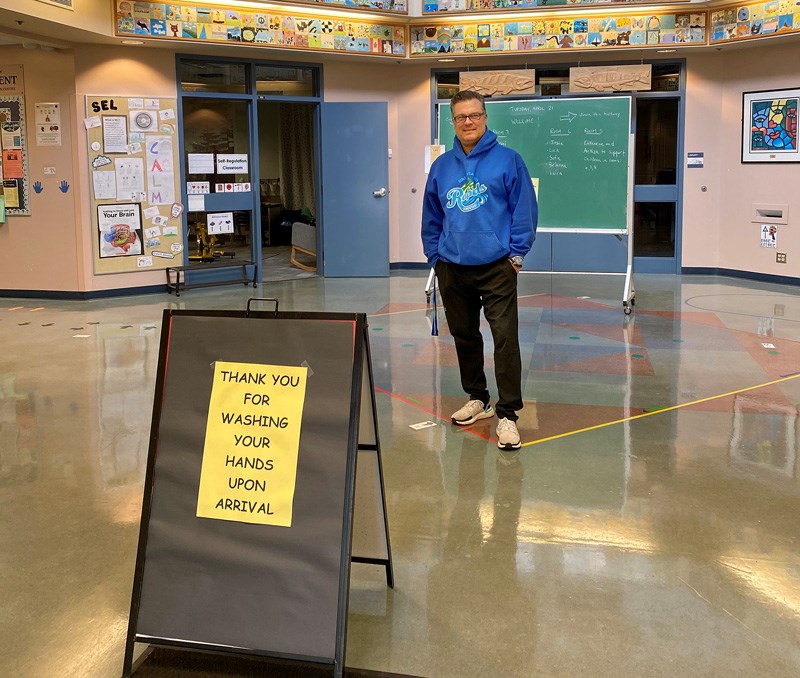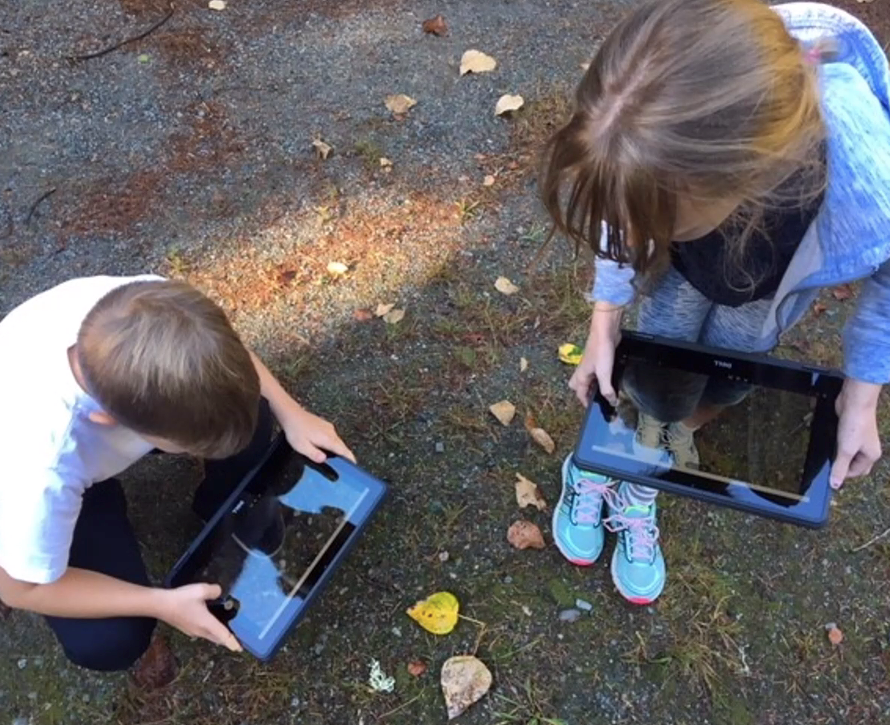The notion that everyone has access to reliable internet and a computer, laptop or tablet for work or school is a myth, School District 43 has learned after making available hundreds of laptops and internet subsidies available to Coquitlam, Port Coquitlam and Port Moody students.
Approximately 4% of the school district’s 16,630 families needed laptops so students could access school work online, according to statistics revealed Tuesday at a board of education meeting.
A number also needed a subsidy, which allowed them access to Telus internet services, and some were provided with LTE-supported devices when they couldn’t afford any internet services or reception was poor.
The picture provided by Stephen Whiffin, director of instruction, showed there are gaps in access to technology, but they turned out to be much smaller than expected.
“Most schools already have a bring-your-own-device policy and the vast majority had a device,” said Whiffin.
But “vast majority” still meant approximately 703 families, mostly with children in elementary school, were left without a laptop to continue their studies.
In addition, approximately 800 families were lent devices at the beginning of the school year so students, mostly in middle and secondary school, could participate in their school’s technology-based education.
Having bring-your-own-device programs in place at school and equity policies providing loaner machines to students put SD43 in a good position to roll out virtual learning, Whiffin said.
“It ensures every child has access to a device at home,” said Whiffin.

As well, some teachers needed laptops to enable them to provide instruction virtually, with 185 loaner computers handed out.
According to Whiffin, fewer than 50 families needed help to get internet so their children could log on to programs.
“We are putting those layers in place to ensure every single family can have access to continue the learning,” Whiffin said.
With children spending their classroom time on screens, parents are looking at alternative ways to keep their kids distracted while they stay at home.
According to a recent survey, Canadian parents with children aged 14 or younger are relying on a wide range of alternatives to keep kids entertained during the COVID-19 outbreak. Almost two-thirds (65%) have incorporated options that do not involve electronics into their daily routine, such as board games or puzzles.
NATURE A GOOD TEACHER FOR HOME-BOUND STUDENTS
While computers and laptops are the main way teachers connect with students, many are finding unique ways to open up students to nature or help them relax and focus.
Ross Jacobsen, principal at Coquitlam River elementary, said students start their morning routine on SafeYouTube, which offers video streaming but prevents children from accessing other areas of the internet.
They will start their day with relaxing exercises for example, and then some of their lessons are outside, such as counting birds, insects and animals for a lesson in biodiversity.
For Earth Day, students were encouraged to colour pictures using natural materials and the colour green, and saw videos their teachers made about recycling and their gardens.
“We did a little skit in the staff room,” said Jacobsen, describing the recycling initiative, and said the 335 students who attend his school are getting various supports and lessons from their teachers via virtual instruction, depending on what grade they are in.



